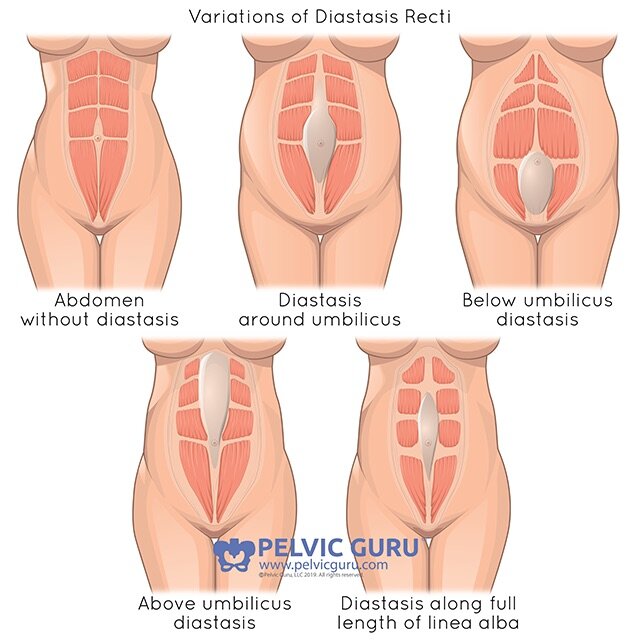
The Physical Therapy Blog
With Amy Price Hoover, PT, DPT
Because your body doesn’t come with an owner’s manual.

The Pelvic Floor
The pelvic floor is a term used to reference the group of muscles at the base or bottom of the pelvis. These muscles sling around the openings in the pelvis, and act as a support for your pelvic organs including the bladder, uterus and rectum.

Menopause and Movement
Movement is essential for women in this stage of life as it ties into all aspects of wellness in this population including weight management, cardiovascular health, stress reduction, improved sleep and brain health. Symptoms of menopause, like so many other aspects of life and health, can be improved with two things: nutrition and movement.

Diastasis Rectus Abdominus (DRA or DR)
Diastasis Rectus Abdominus (DRA or DR) is a condition where the rectus abdominus muscles separate due to weakening or stretching of the connective tissue that joins these muscles at the center of the abdomen. Most commonly occurs due to growth of the abdomen during pregnancy, but can also happen as a result of a large abdomen or weak muscles, making it possible to occur in both men and women.

What to Expect During a Pelvic Floor PT Exam
So you have been referred to a pelvic floor physical therapist. What exactly does that mean? Here is an idea of what you can expect during a pelvic floor PT exam.

Pelvic Pain and Pregnancy
Pain is never normal, and is a warning sign from our body that something is off, like an alarm system. Pregnancy comes with rapid physical changes in the body, one of the major being widening of the pelvis and relaxation of the ligaments that stabilize our joints.
